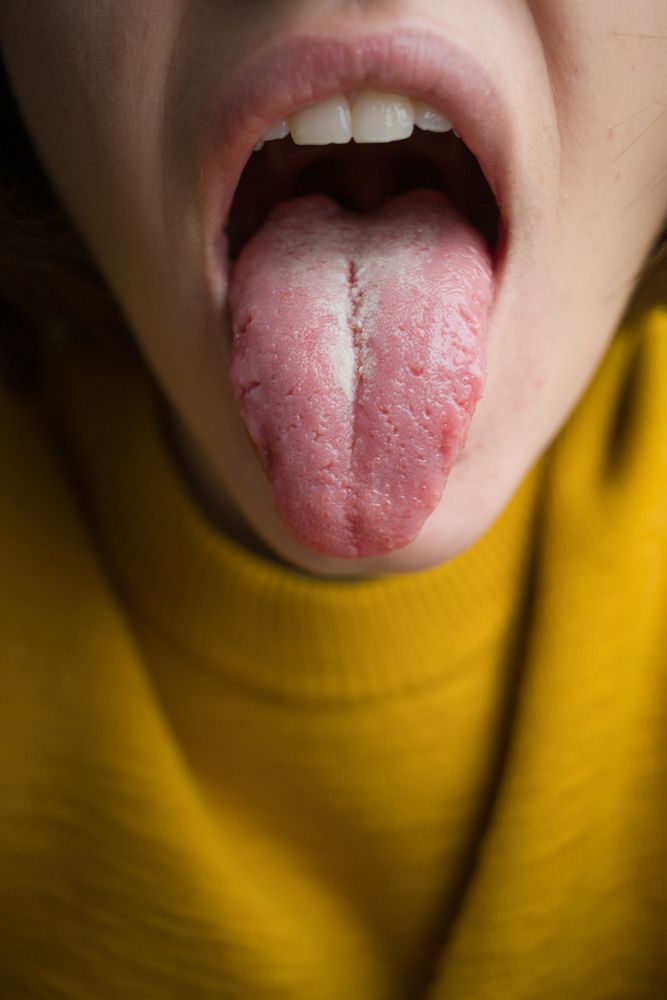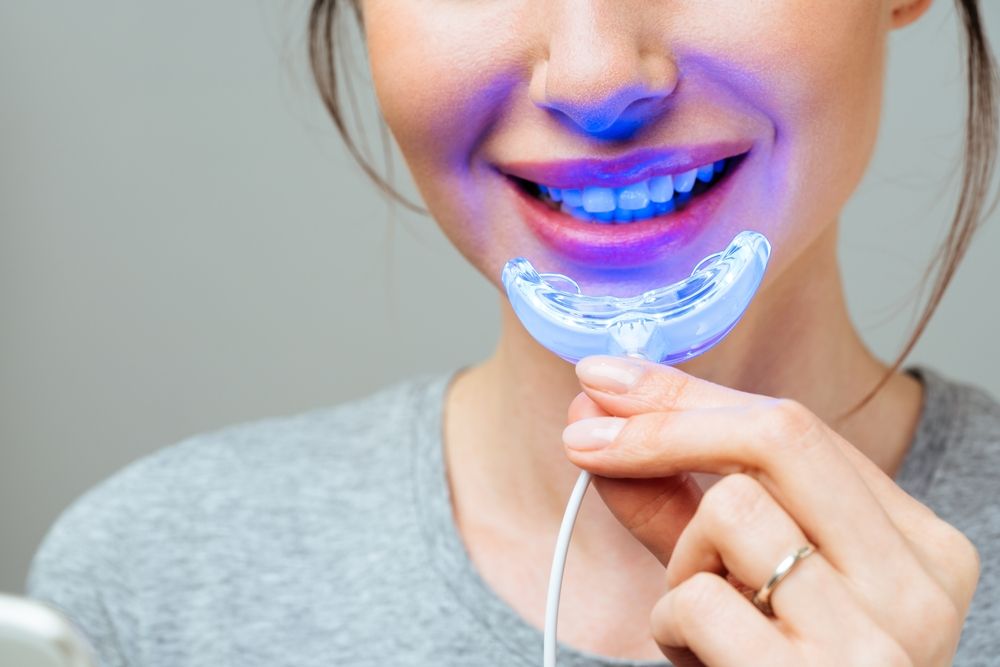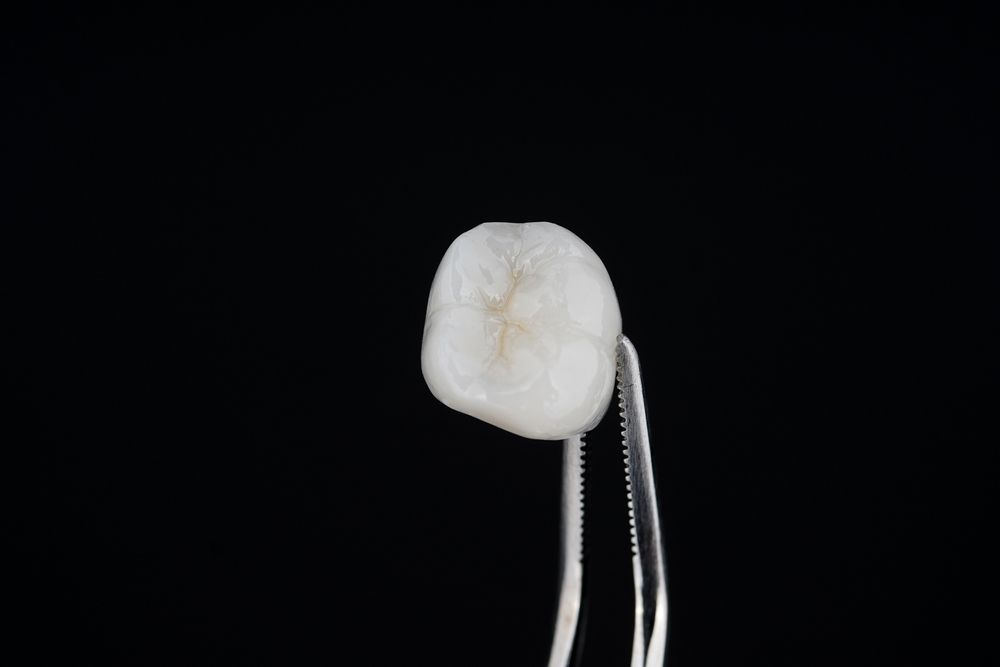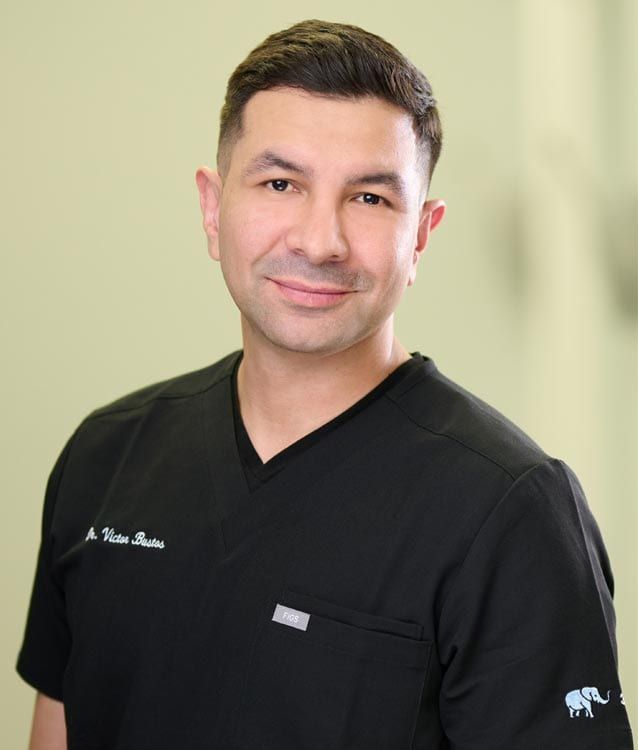Dry mouth, medically known as xerostomia, is more than just an uncomfortable condition. It can significantly impact oral health and overall well-being. Understanding the causes, symptoms, and treatments of dry mouth is essential for managing this condition effectively. In this blog, we will explore the challenges of dry mouth and provide practical tips for overcoming them.
Understanding Dry Mouth
Dry mouth occurs when the salivary glands do not produce enough saliva to keep the mouth moist. Saliva is crucial for maintaining oral health as it helps in digestion, protects teeth from decay, and prevents infection by controlling bacteria and fungi in the mouth.
Common Causes of Dry Mouth
Several factors can contribute to dry mouth, including:
- Medications: Many prescription and over-the-counter medications list dry mouth as a side effect. These include antihistamines, decongestants, painkillers, diuretics, and medications for hypertension and depression.
- Aging: As people age, the risk of dry mouth increases, often due to the use of multiple medications or underlying health conditions.
- Medical Conditions: Diseases such as diabetes, Sjögren’s syndrome, HIV/AIDS, and Parkinson’s disease can lead to dry mouth.
- Cancer Therapy: Chemotherapy and radiation treatments, particularly when targeting the head and neck, can damage salivary glands and reduce saliva production.
- Lifestyle Choices: Smoking and alcohol consumption can exacerbate dry mouth symptoms.
Symptoms of Dry Mouth
The symptoms of dry mouth can vary but often include:
- A sticky, dry feeling in the mouth
- Frequent thirst
- Sores or split skin at the corners of the mouth
- Cracked lips
- A dry, rough tongue
- Difficulty chewing, swallowing, or speaking
- A burning or tingling sensation in the mouth
- Bad breath
The Impact of Dry Mouth on Oral Health
Dry mouth can have serious consequences for oral health, including:
- Increased Risk of Tooth Decay: Saliva helps neutralize acids produced by bacteria in the mouth, and without enough saliva, these acids can cause tooth decay.
- Gum Disease: Reduced saliva flow can lead to gum inflammation and increase the risk of periodontal disease.
- Mouth Infections: A lack of saliva can result in fungal infections such as oral thrush.
- Digestive Issues: Saliva aids in the initial stages of digestion, and its absence can make swallowing and digestion difficult.
Managing Dry Mouth
Although dry mouth can be challenging, there are several strategies to manage the condition effectively:
- Stay Hydrated: Drink plenty of water throughout the day to help keep your mouth moist. Sucking on ice chips can also provide temporary relief.
- Use Saliva Substitutes: Over-the-counter saliva substitutes and mouthwashes specifically designed for dry mouth can help lubricate the mouth.
- Chew Sugar-Free Gum: Chewing sugar-free gum or sucking on sugar-free candies can stimulate saliva production.
- Avoid Dehydrating Foods and Beverages: Limit caffeine, alcohol, and sugary drinks, as they can contribute to dehydration.
- Maintain Good Oral Hygiene: Brush and floss regularly using fluoride toothpaste, and visit your dentist for regular check-ups and cleanings.
- Humidify Your Living Space: Using a humidifier at night can add moisture to the air and help keep your mouth from drying out while you sleep.
- Adjust Medication: If you suspect your medication is causing dry mouth, speak with your healthcare provider about possible alternatives or adjustments.
Professional Treatment Options
If lifestyle changes and over-the-counter products are not enough, your dentist or doctor may recommend:
- Prescription Medications: Some medications can stimulate saliva production.
- Dental Treatments: Fluoride treatments, mouth rinses, and other dental products can help protect teeth from decay and strengthen enamel.
Conclusion
Dry mouth can be a frustrating and uncomfortable condition, but with the right strategies and treatments, it is manageable. By staying hydrated, maintaining good oral hygiene, and seeking professional advice when necessary, you can overcome the challenges of dry mouth and protect your oral health. If you are experiencing symptoms of dry mouth, consult with your dentist or healthcare provider to develop a personalized treatment plan. Remember, a moist mouth is a healthy mouth!






